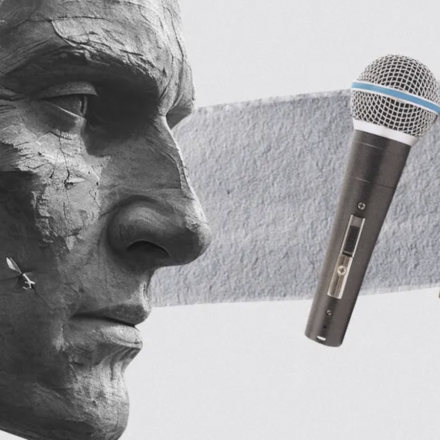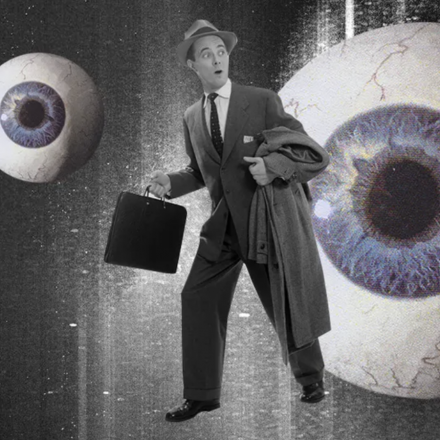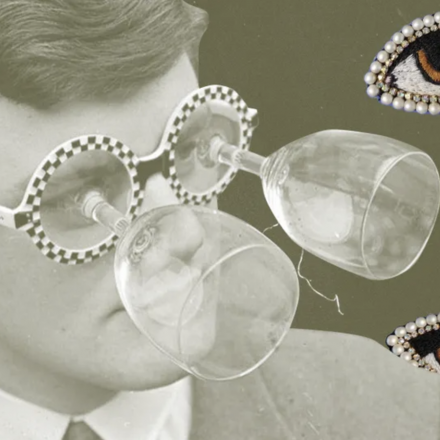Every year, the world seems to sink deeper into a climate of toxicity, narcissism, and self-absorption. Public figures—whether politicians, celebrities, or corporate leaders—continue to make headlines, often not for their achievements, but for their provocative or scandalous behavior. But does this really matter to us, ordinary people, if we have no direct connection to these figures? The answer, surprisingly, is yes, and here's why.
Toxicity at the Top
As uncomfortable as it may be, the fish rots from the head. When those at the top of society—whether in politics, business, or entertainment—exhibit inhumanity, self-absorption, and narcissism, it sends a signal to the entire society. The behavior of those in the public eye extends far beyond their personal lives. It becomes the norm for everyone, because the behavioral models we see on TV and in the news are often viewed as benchmarks for success. When famous people or politicians openly disregard moral norms, the public begins to see their behavior as acceptable.
Influence on Our Daily Lives
When someone in the White House posts an angry tweet, or when an actor publishes racist comments on social media, it's not just a matter for those directly involved. We see it in our feeds, we hear about it from colleagues, and we talk about it with friends. It becomes part of our daily reality, shaping how we perceive the world and others.
When a public figure behaves toxically, it sets expectations for the rest of us. We begin to think that such behavior can be justified, that ruthlessness, brashness, and lack of empathy are now valued traits. As a result, many of us start following this example, even if, deep down, we know it’s wrong.
Narcissism and Empathy: A New Social Standard?
We live in an age where empathy is seen as a weakness and disdain is considered strength. We admire strong people, but increasingly, those who are called "strong" are those who don't apologize, who lack respect for others, and who use people for their own benefit. Compassion is becoming something outdated, something that’s losing value with each passing year.
Instead of admiring kind, sincere individuals, we begin to mimic those who live by the philosophy of "I say what I want, and I don’t care who it offends." These figures feel entitled to say whatever they wish, believing that they can buy their way out of any wrongdoing. It becomes apparent that narcissism and toxic behavior are not only commonplace but are becoming symbols of success.
A Shift in Public Perception
Toxicity and narcissism at the top are not only unchallenged, but they are often admired. Why? Because this behavior signals strength and confidence, and it seems to offer a path to success in a ruthless world. Instead of being a kind person, a man strives to appear strong, even if it means abandoning all moral norms.
But this shift in perception is a dangerous trend. When public leaders begin to display vile and unacceptable traits, they send the message that qualities like respect and humanity are unimportant. This gives rise to negative phenomena that, though difficult to notice, become part of everyday life: we see them on the streets, in restaurants, at sports games, on the roads, in offices, and even in families.
What Can We Do About It?
The real question is, what can we do to change this situation? First and foremost, we must recognize that we are not just passive observers. The behavior of those at the top affects us and shapes how we see the world. We can’t sit idly by and ignore it, hoping it won’t touch us. We are all part of this toxic cycle, whether we acknowledge it or not.
It’s up to each of us to determine whether empathy and respect will still be valued in our society. If we allow narcissism and toxicity to take root in our consciousness, we risk losing what really matters: virtue, honesty, and compassion. And while it may sometimes seem like there’s nothing we can do to change things, we must remember that each person can be the one to start changing the world around them—even with small steps.
Toxicity is not just the problem of those who make headlines. It’s a problem for all of society. And as long as we don’t recognize this, the danger will continue to grow, pulling us all deeper into its destructive spiral.


















